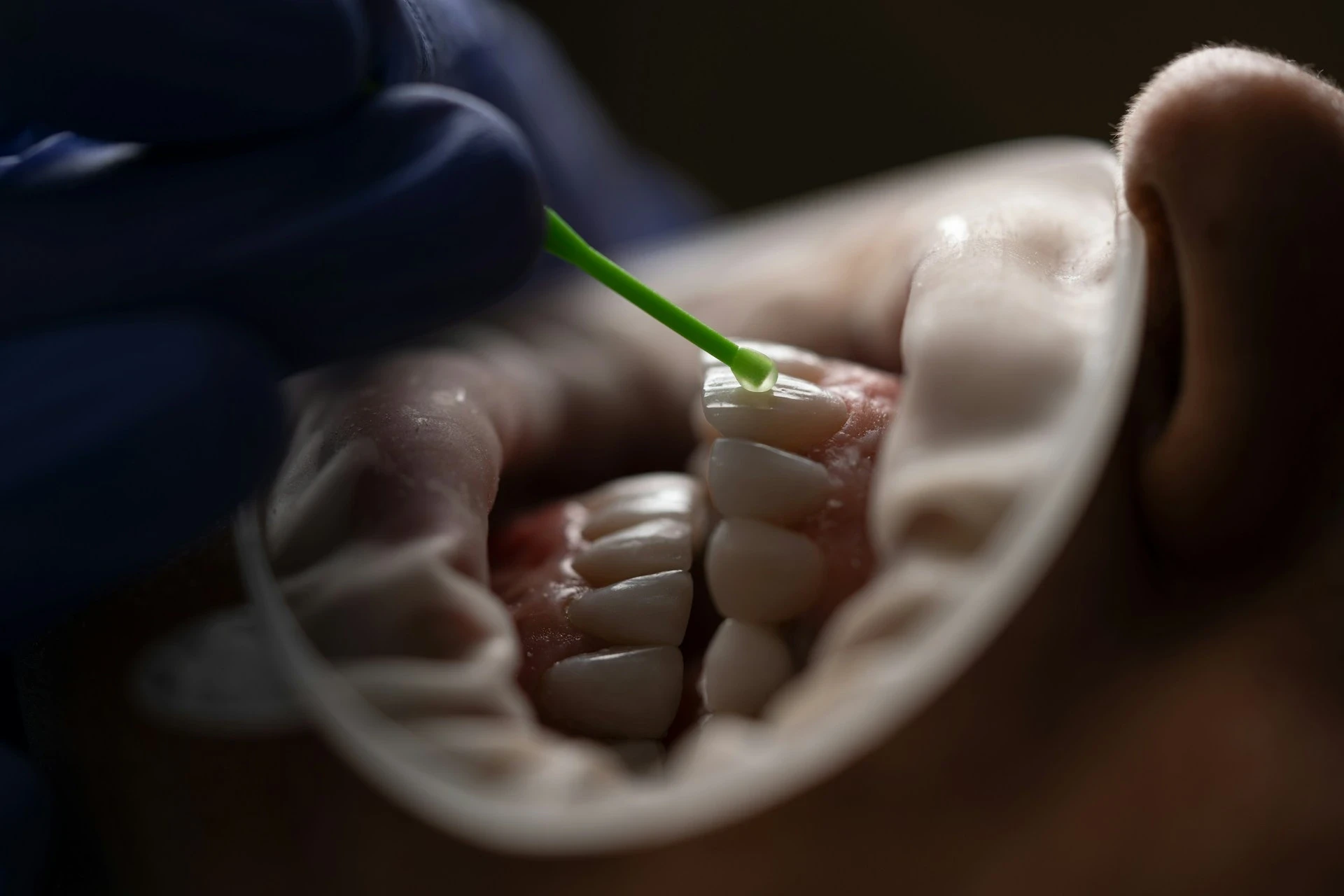Mar 9, 2025
Comment maintenir des gencives en santé : Conseils pour prévenir les maladies des gencives
Introduction
Healthy gums are the foundation of a healthy smile. Gum diseases, also known as periodontal diseases, are one of the leading causes of tooth loss, but they can largely be avoided with proper care. In this blog, we will discuss the importance of gum health, common signs of gum disease, and effective strategies for keeping your gums healthy and strong.
What is gum disease?
Gum diseases begin with the buildup of dental plaque, a sticky, colorless film of bacteria that forms on the teeth and gums. If plaque is not removed by regular brushing and flossing, it hardens and turns into tartar, which can lead to inflammation of the gums (gingivitis). If left untreated, gingivitis can progress to periodontitis, a more severe form of gum disease that can result in tooth loss.
Signs of gum disease
Gum diseases often develop without apparent symptoms, making regular check-ups important. The early signs of gum disease include the following:
Bleeding gums when brushing or flossing.
Swollen or red gums that may be sensitive.
Persistent bad breath or a bad taste in the mouth.
Receding gums, which make the teeth appear longer.
Loose teeth or changes in the way teeth fit together.
If you experience any of these symptoms, it is essential to consult your dentist promptly to prevent further damage.
Tips for healthy gums
Maintaining healthy gums starts with good oral hygiene. Here are some key tips:
Brush your teeth twice a day: Use fluoride toothpaste and a soft-bristled toothbrush. Pay particular attention to the gum line, where plaque tends to accumulate.
Floss daily: Flossing removes plaque and food particles between the teeth and along the gum line, areas that a toothbrush cannot reach.
Use an antimicrobial mouthwash: A mouthwash can help eliminate harmful bacteria that cause gum diseases and promote fresh breath.
Adopt a balanced diet: Foods rich in vitamins, such as fruits and vegetables, can contribute to gum health. Avoid excess sugar, which feeds the bacteria responsible for gum diseases.
The role of nutrition in gum health
Your diet plays an important role in the health of your gums. Vitamin C, found in citrus fruits, strawberries, and leafy greens, is essential for gum health. It helps strengthen the gums and protects them against infection. Omega-3 fatty acids, found in fish and flaxseeds, can also help reduce inflammation and improve gum health. It is also important to drink plenty of water throughout the day to wash away food particles and bacteria.
Conclusion
Healthy gums are the foundation of a healthy smile. By following a solid oral care routine, adopting a nutritious diet, and regularly consulting your dentist, you can keep gum diseases at bay and maintain strong, vibrant gums throughout your life.





